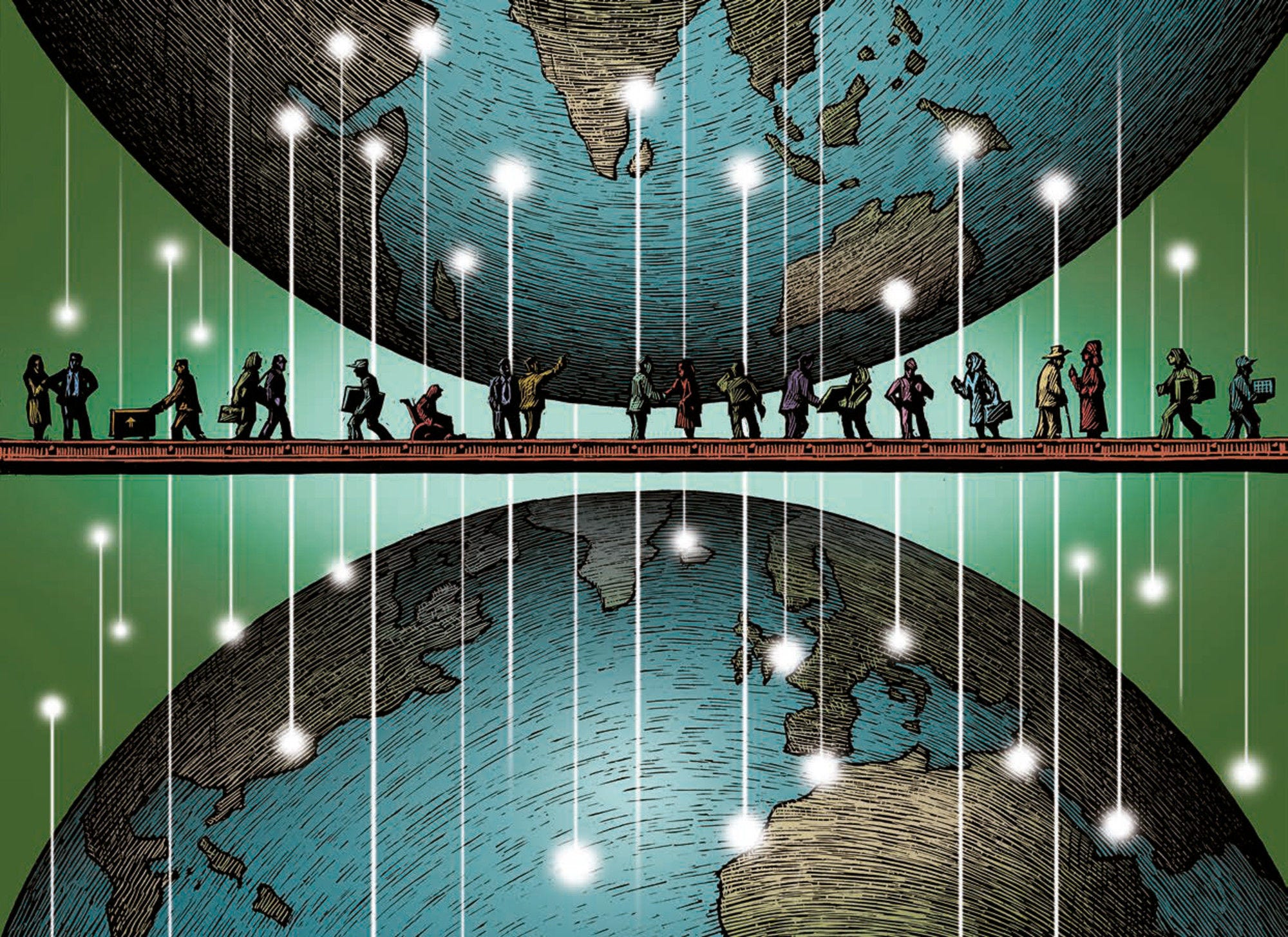In 2020, Belgium received 92 000 new immigrants on a long-term or permanent basis (including changes of status and free mobility), ‑19% compared to 2019. This figure comprises 61.8% immigrants benefitting from free mobility, 3.7% labour migrants, 28.1% family members (including accompanying family) and 6.4% humanitarian migrants. Around 5 700 permits were issued to tertiary-level international students. In addition, 169 000 intra-EU postings were recorded in 2020, a decrease of ‑23% compared to 2019. These posted workers are generally on short-term contracts.
Romania, France and the Netherlands were the top three nationalities of newcomers in 2020. Among the top 15 countries of origin, Romania registered the largest decrease (‑3 000) in flows to Belgium compared to the previous year.
In 2021, the number of first asylum applicants increased by 51.6%, to reach around 20 000. The majority of applicants came from Afghanistan (5 200), Syria (1 800) and Eritrea (1 500). The largest increase since 2020 concerned nationals of Afghanistan (2 800) and the largest decrease nationals of Brazil (‑400). Of the 21 000 decisions taken in 2021, 44% were positive.
The Belgian Government plans to adopt a new Migration Code in order to ensure greater clarity of the Belgian Aliens Act, to safeguard legal certainty and to avoid inconsistencies. Furthermore, extra funding was granted to the State Secretary to recruit staff for the Asylum and Migration Services and to deal with the shortage of reception places. This shortage, due to numerous reasons (backlog in processing applications for international protection, influx after the Taliban takeover in Afghanistan, floods in Wallonia damaging reception places, etc.), hindered people to apply for international protection, thus unable to receive the rights pertaining to this (so called “bed, bath, bread”). An Inter-Ministerial Conference on Migration and Integration was set up to establish greater coherence across policy levels. A website providing a one‑stop shop platform to launch an application for a single permit as well as a website providing information on migration and asylum have been established. Last but not least, COVID‑19 travel restrictions in Belgium were gradually relaxed throughout the year.
On 11 July 2021, the Belgian Aliens Act was amended. The new provisions amended chapter II of the Alien Act on International Students in order to implement the Directive EC/2016/801 into Belgian law. The main change is the introduction of a “Search Year” residence card allowing third-country nationals who have completed their higher education studies in Belgium to stay for an additional year to seek employment or start a business.
On 16 December 2021, Belgium fully implemented the EU Directive to grant intra-corporate transferees (ICT) permits. A partial implementation of the Directive in October 2020 had allowed applications to be submitted.
Following the Taliban takeover in Afghanistan, the Belgian Government decided in August 2021 to suspend any forced or voluntary return of irregular migrants to the country until the situation improves. The Commissioner General for Refugees and Stateless Persons (CGRS) announced a temporary suspension of decisions, initially until the end of September, then renewed several times, until it was lifted in March 2022.
On 23 May 2021, 475 undocumented migrants, mostly from South Asia and North Africa, went on a hunger strike to obtain legal residency in Belgium. The Secretary of State appointed a Special Envoy to act as conciliatory figure between the government and the hunger strikers. On 22 July, the strike ended after authorities signalled their willingness to renegotiate individual situations. In June 2022, the 422 applications for regularisation (for 516 individuals) were examined; 55 applications (for 90 individuals) received a positive result.
In July 2021, the Flemish Government approved a decree to implement a new civic integration programme. The programme includes four main steps: learning Dutch, becoming economically independent, learning Flemish culture, and taking part in a 40‑hour tandem-team programme with a Flemish citizen, followed by a final integration exam. Participation in the programme is upon payment of a fee. The legislation came into force in March 2022.
For further information: www.dofi.ibz.be | www.emploi.belgique.be | www.myria.be | www.statbel.fgov.be

